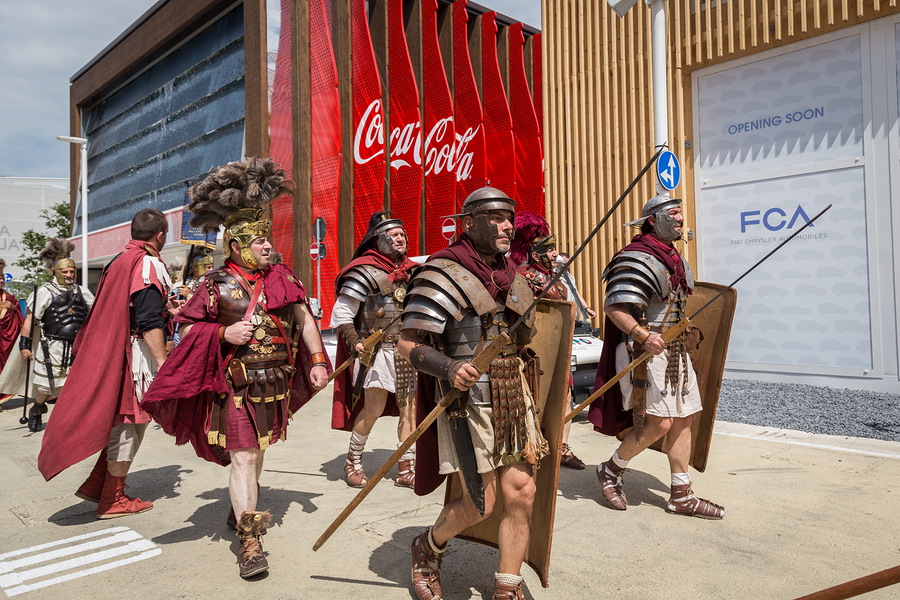Recently I noted an article in a prestigious publishing journal that says readers are looking for more fiction. I hope the article is right! To narrow this down, we can look to historical versus contemporary, since many authors write both.
To clarify, for the purposes of this blog, I am limiting my discussion to traditional CBA trade book fare of strong stories heavy on romance. I am not discussing speculative works or set genres such as mass market romance or romantic suspense.
More than once when discussing fiction with authors, they have mentioned that their readers often don’t follow them from historical to contemporary or from contemporary to historical. Often they simply read one or the other, but not both, even when they enjoy a particular author.
Why?
I think readers of historical fiction in particular are looking to escape to a time they believe was simpler. (Personally, I’d rather buy chicken already packaged, place it in a modern oven and serve it, than run after a hapless chicken in the barnyard, catch it, wring the poor thing’s neck, pluck it, dress it, and then cook it over the uneven heat of an open fire. But maybe that’s just me.) And yes, I know several of you will comment on how you slaughter and prepare your own chickens. So maybe it is just me. But I live inside the city limits, and they don’t allow us to raise chickens on our property. Yeah. That’s it. I’ll go with that. Anyhooo….
Back then, Christian values were expected to be upheld, at least in public. Most people professed to be Christians or to uphold another faith tradition. Readers don’t have to suspend disbelief much to go along with Christian characters upholding our values in times that often seem glamorous through the thick lens of many moons past. You know, women wearing silk and hoops and all.
Writers of contemporary Christian books face the challenge of showing characters living out our faith, often against what seems to be increasingly hostile public opinion. These writers must show realistic characters that don’t seem odd or silly in light of what today’s readers know is reality. Also, novelists often approach their work with the idea of speaking about a tough issue. A balance of addressing the issue without bringing the reader down is a challenge that is extraordinary to undertake and then to master. I believe readers of contemporary fiction may be looking to think more than to escape.
Neither reader wants to have her time wasted, to be preached at, or to be talked down to. Both readers want to feel uplifted, entertained, and that the time spent reading also glorified the Lord.
Your turn:
Where is my opinion spot on?
What points did I miss?
Do you read both contemporary and historical fiction?
Do you prefer historical or contemporary fiction? Why?


